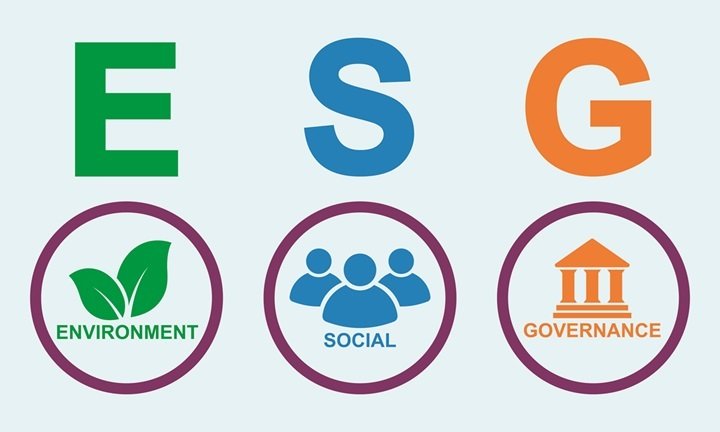Table of Contents
Introduction
Hey there, curious minds! 🌱 Have you ever come across the term “ESG” and wondered what it really means? Well, you’re in the right place! Today, we’re diving deep into the world of ESG—what it stands for, why it matters, and how it’s shaping the future of businesses and our planet. So, grab your favorite beverage and let’s get started.
What Does ESG Stand For?
ESG stands for Environmental, Social, and Governance. These three pillars are used to evaluate the sustainability and ethical impact of a business or investment. It’s not just a buzzword—ESG is becoming a crucial framework for companies and investors who care about more than just profits.
Environmental
The environmental aspect of ESG focuses on how a company impacts the planet. This includes everything from carbon footprints and waste management to energy efficiency and biodiversity. Companies are increasingly being held accountable for their environmental policies and practices.
Example: Take Patagonia, for instance. This outdoor clothing company is renowned for its environmental activism. Patagonia donates a portion of its profits to environmental causes and encourages its customers to repair, reuse, and recycle their products. They’ve even run campaigns urging people to buy less and think more about their consumption habits.
Social
The social component of ESG looks at how a company manages relationships with employees, suppliers, customers, and communities. It’s about promoting social justice, diversity, equity, and inclusion (DEI), and ensuring that a company’s operations are beneficial to society.
Example: Starbucks is a great example of a company focusing on the social aspect of ESG. They have initiatives aimed at providing better wages and benefits to their employees, promoting diversity and inclusion, and supporting coffee farmers around the world through ethical sourcing practices.
Governance
Governance refers to how a company is run—its leadership, executive pay, audits, internal controls, and shareholder rights. Good governance ensures that companies operate transparently and ethically, fostering trust and long-term success.
Example: Johnson & Johnson has been recognized for its strong governance practices. The company maintains a robust code of conduct, comprehensive risk management, and a commitment to ethical decision-making, which has helped it navigate various challenges while maintaining stakeholder trust.

Why ESG Matters
Now that we know what ESG stands for, let’s talk about why it matters.
For Companies
For companies, embracing ESG principles isn’t just about doing the right thing—it’s also about staying competitive. Consumers are becoming more conscious of the environmental and social impacts of their purchases. Investors are looking for sustainable and ethical companies to support. By focusing on ESG, companies can attract customers, investors, and talent, all while mitigating risks and enhancing their reputation.
For Investors
For investors, ESG criteria can help identify companies that are well-positioned for long-term success. Sustainable practices often lead to better financial performance because they reduce risks related to environmental disasters, social unrest, and governance scandals. ESG investing is not just a trend; it’s a strategic approach to building a resilient portfolio.
Example: BlackRock, one of the largest investment management firms in the world, has made ESG a central part of its investment strategy. CEO Larry Fink has emphasized that climate change is a defining factor in companies’ long-term prospects, urging other companies to improve their ESG disclosures and practices.
Real-Life Impact of ESG
Let’s look at a real-life example of how ESG can make a tangible impact. In 2010, BP faced the Deepwater Horizon oil spill, one of the largest environmental disasters in history. The lack of robust environmental and safety protocols (a key aspect of ESG) led to catastrophic consequences for the environment, the local economy, and BP’s reputation. This incident highlighted the importance of strong ESG practices to prevent such disasters.
On a more positive note, Unilever has been a frontrunner in integrating ESG into its business model. The company’s Sustainable Living Plan aims to decouple growth from its environmental footprint while increasing its positive social impact. This commitment has led to increased trust and loyalty among consumers and has positioned Unilever as a leader in sustainable business practices.
Conclusion: The Future of ESG
As we move forward, ESG is set to play an even bigger role in shaping the business landscape. With growing awareness of climate change, social justice, and ethical governance, companies that prioritize ESG will likely lead the way in innovation and sustainability.
So, the next time you hear someone mention ESG, you’ll know that it’s all about creating a better, more sustainable, and ethical future for everyone. Whether you’re a consumer, investor, or business leader, understanding and embracing ESG principles can make a world of difference.
Thanks for reading, and remember—every small step towards sustainability counts! 🌍💚




Leave a Reply